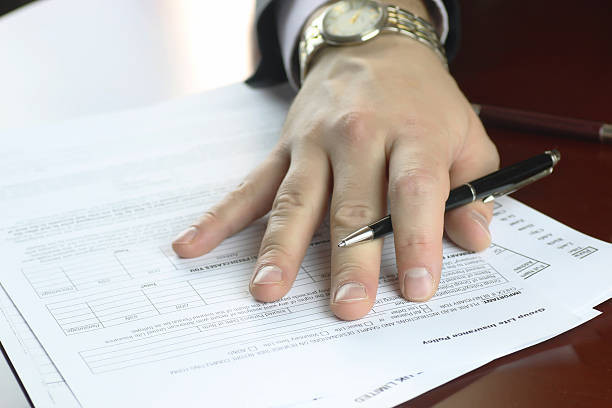Social Disability Lawyer Blog
5 Reasons Your Disability Claim Got Rejected
Social Security Disability Income (SSDI) provides crucial financial support for individuals unable to work due to qualifying disabilities. However, not all applicants are approved for these benefits. Understanding the common reasons for disability benefit denials can help you navigate the application process more effectively:
1. Failing to Meet Blue Book Criteria
The Social Security Administration uses the Blue Book, a guide of impairments and corresponding medical criteria, to determine eligibility. If your condition doesn't meet the criteria outlined in the Blue Book, your claim may be denied.
2. Insufficient Work Credits
Earning a minimum of 40 Social Security work credits is a prerequisite for disability benefits. If you lack the required credits, your claim may be rejected. These credits are earned by working and contributing to Social Security taxes.
3. Lack of Comprehensive Medical Evidence
Strong medical evidence is essential to substantiate your disability claim. Insufficient or incomplete medical documentation can result in denial. Provide a detailed and accurate representation of your condition, symptoms, and their impact on your ability to work.
4. Demonstrating Work Capability
SSDI is designed for individuals unable to engage in substantial work activity due to their disability. If your application suggests that you're capable of working, it can lead to denial. Ensure that your medical evidence aligns with your inability to perform substantial work.
5. Exceeding Income Limits
While you can earn some income while receiving SSDI benefits, exceeding the Substantial Gainful Activity (SGA) limit may lead to denial. The SSA may question the severity of your disability if you earn more than the specified limit.
Understanding these common pitfalls can help you approach the SSDI application process with greater awareness and preparedness. If your claim is denied, remember that you have the option to appeal the decision.
Get Professional Legal Help
Having an attorney present can be vital, as they may be able to highlight relevant aspects of the medical evidence or ask pertinent questions to influence the medical expert's testimony during the hearing.
If you are preparing for a SSDI application for benefits and require expert guidance, don't hesitate to contact us. Together, we can ensure that your medical evidence is presented effectively, enabling you to secure the disability benefits you rightfully deserve.
When you subscribe to the blog, we will send you an e-mail when there are new updates on the site so you wouldn't miss them.

Comments